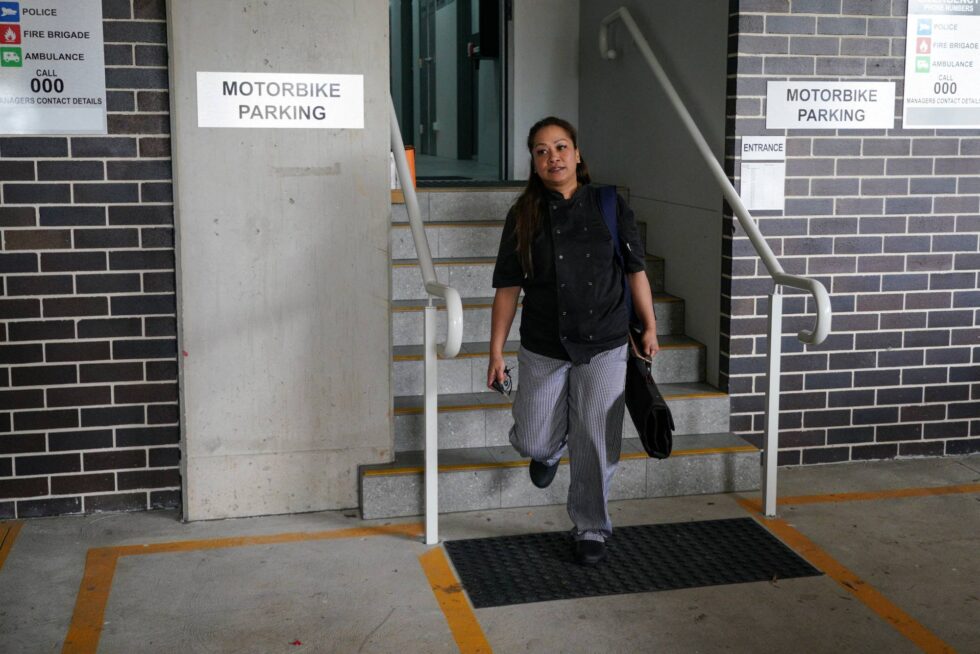On Saturday, when the Archbishop of Canterbury conducts the coronation of Charles III at Westminster Abbey, he will not just be crowning the King of England, but the King of Australia as well.
For Australians, the notion that we now have a King sits oddly. We were accustomed to the idea of Elizabeth II as Queen of Australia; the idea of Charles III as King of Australia takes a bit of getting used to.

The national broadcaster has certainly not caught up with the new reality, promoting its coverage of the event as the coronation of “Britain’s monarch”, ignoring King Charles’ new constitutional status in Australia entirely.
When the late Queen was crowned in 1953, she promised “to govern the peoples of the United Kingdom of Great Britain and Northern Ireland, Canada, Australia, New Zealand, the Union of South Africa, Pakistan and Ceylon, and of [Her] Possessions and the other Territories to any of them belonging or pertaining, according to their respective laws and customs”. These were the nations which at the time were British dominions, and constituted what is still called “the Realm”, i.e. the countries which recognised the sovereign as their head of state.
The words of the coronation oath that Charles will take are briefer. As there are now 15 Realm nations (of which Australia is one), it has been decided not to list them all individually. His majesty’s promise will be to govern “the Peoples of the United Kingdom of Great Britain and Northern Ireland, [His] other Realms and the Territories to any of them belonging or pertaining”.
The Realm is not to be confused with the Commonwealth, a much larger grouping that now numbers 56 nations, most of which are republics, created by King George VI in 1949.
The Commonwealth comprises the 15 nations of which the King is head of state, together with the former British colonies which, after decolonisation, became republics but nevertheless chose to maintain an affiliation with the British Crown. In recent years, some states with no British heritage have joined the Commonwealth, including the current presiding nation Rwanda.
Upon the death of the Queen, Charles III also became Head of the Commonwealth. This was not by right of succession but as a result of the decision by the Commonwealth Heads of Government themselves at their London conference in 2018. It was their evident wish to maintain the connection with the Crown beyond the life of the Queen.
Like his late mother before him, Charles takes his roles as both head of state of the nations of the Realm, and as Head of the Commonwealth, deeply seriously. That includes his role as King of Australia.
Australians should never underestimate the depth of Charles’ emotional connection to this country. He is, after all, the only sovereign to have lived here – as he did when, as a teenager, he spent a term of his schooling at Timbertop, the rural campus of Geelong Grammar. He is said to have regarded it as the happiest time of his life. It instilled in him a love for Australia which is undimmed after more than half a century.
Members of the royal family are, after all, human beings, and it is natural (although they could never publicly say so) for them to develop a greater fondness for some countries than others.
The late Queen Mother adored Canada, and went there as often as she could – the Canadian Rockies are said to have reminded her of her native Scotland. The Queen always had a special place in her heart for Malta, where she enjoyed her last taste of relative freedom as a young wife when her husband Philip was stationed there as a naval officer from 1949 to 1951. Both of Charles’ sons are obsessed by Africa – in Prince William’s case especially Kenya, where he proposed to Kate Middleton, and for Prince Harry, Botswana.
Beyond his native land, as those who know him well firmly attest, Charles’ favourite place is Australia. He has visited many times in the years since Timbertop and is always eager to return.
So strong is Charles’ attraction to Australia that, in his 20s, he wanted to buy a home here; apparently, the courtiers took a dim view of the evident favouritism for one nation of his future Realm, and the idea was quietly buried. During the Fraser government, the idea was floated that Charles become governor-general. In the fraught political climate after the dismissal of the Whitlam government, that idea also went nowhere. It is unlikely that the kite would have been flown without Charles’ consent.

When I was high commissioner, I was struck not just by the level of the then-Prince of Wales’ interest in Australia, but by his depth of knowledge of Australian affairs. After the devastating bushfires at the beginning of 2020, he readily agreed to be the guest of honour at a fundraising dinner that I co-hosted with the lord mayor of London. (He also made a significant personal donation to the appeal; the amount was not publicly disclosed, but it was a very large sum.)
It was on that occasion that he asked me about the Australian government’s position on climate change, in particular the net-zero emissions target. I was left in no doubt what outcome HRH would like to see. As I had his attention throughout the dinner, I took the opportunity to explain to him, in detail, the political complexity which Scott Morrison was facing within the Coalition in reaching the goal. Whenever I later saw him, it was always the issue at the front of his mind.
The last time I saw him was at the COP 26 conference in Glasgow in November 2021, when I accompanied the then-prime minister to his audience with the then-Prince of Wales. Morrison had just announced his government’s adoption of the net-zero target. Charles was delighted, and assured the PM that he had been kept well abreast of the political difficulties Morrison had had to overcome to achieve net zero.
Because he was 73 when he became King, it is often wrongly assumed that Charles’ reign will be a relatively short one. Yet, he is fit and healthy. His parents both lived well into their 90s (in his father’s case, a few weeks short of his 100th birthday). There is every reason to believe King Charles will be on the throne for more than two decades: much longer than three of the four kings of the 20th century; roughly the same length of time as George V.
A lot will happen in that time. It may see Australia become a republic (although there is nothing inevitable about that). For the time being, this Saturday let us enjoy the moment, as we admire the splendour of the coronation. And appreciate the fact that, while our new King may love Australia more than Australians love him, love this country he surely does.


